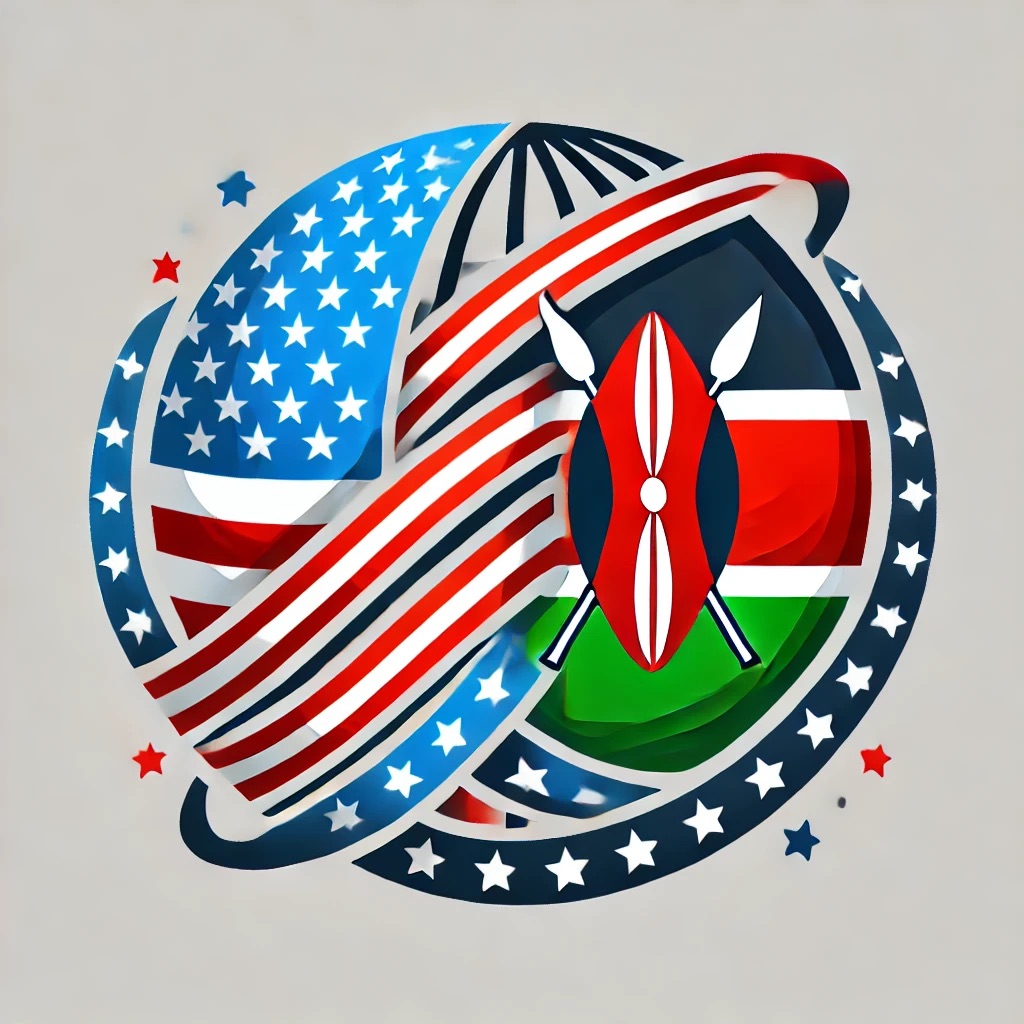
The F-1 Visa is the most used U.S. visa for Kenyans pursuing higher education in the United States. It caters specifically to students enrolled in academic programs such as universities, colleges, high schools, private elementary schools, seminaries, and language training programs. Below, I’ll explore the F-1 visa requirements, application process, key regulations, benefits, and challenges to help you understand this crucial pathway for academic study in the U.S.
Eligibility Requirements for the F-1 Visa
To qualify for an F-1 Visa, Kenyan students must meet several key eligibility criteria:
- Enrollment in a SEVP-Approved School:
- You must be accepted to a school accredited by the Student and Exchange Visitor Program (SEVP), which certifies educational institutions to host international students. This ensures that the program you are joining meets U.S. immigration requirements.
- Full-Time Enrollment:
- F-1 students are required to maintain full-time enrollment throughout the course of their studies. This means:
- Undergraduate students must typically take at least 12 credit hours per semester.
- Graduate students must take at least 9 credit hours per semester, though specific rules may vary by institution.
- Proof of Financial Support:
- You must demonstrate that you have sufficient funds to cover tuition, living expenses, and travel without relying on unauthorized work. This proof can come in the form of bank statements, scholarship letters, or sponsorship documents.
- Proficiency in English:
- Applicants must be proficient in English or enrolled in courses to help them achieve proficiency.
- Intent to Return Home:
- During the visa interview, you must prove that you have strong ties to Kenya and intend to return after completing your studies. This could include family ties, property, or career prospects in Kenya.
Application Process for the F-1 Visa
The process to secure an F-1 Visa involves several steps. Here’s a comprehensive breakdown:
- Acceptance from a SEVP-Approved School:
- Once accepted, the school will provide you with a Form I-20 as the primary document for your F-1 visa application. This form includes your SEVIS ID number, program details, and financial information.
- Pay the SEVIS Fee:
- You must pay the SEVIS I-901 Fee, which funds the Student and Exchange Visitor Information System (SEVIS). As of now, the SEVIS fee for F-1 students is $350. Keep the payment receipt, as it is required for your visa interview.
- Complete Form DS-160:
- Fill out the Online Nonimmigrant Visa Application Form DS-160. This form requires detailed information about your background, education, and the purpose of your travel. Once completed, you will receive a confirmation page with a barcode, which you need for the interview.
- Schedule and Prepare for the Visa Interview:
- Book an appointment at the nearest U.S. Embassy or Consulate in Kenya. The interview typically involves questions about your educational background, study plans, ties to Kenya, and how you plan to fund your education.
- Required Documentation:
- Valid passport (must be valid for at least 6 months beyond your stay).
- Form I-20, signed by both you and a school official.
- SEVIS I-901 payment receipt.
- DS-160 confirmation page.
- Recent passport-sized photograph (as per specifications).
- Proof of financial support (bank statements, scholarship details, etc.).
- Attend the Visa Interview:
- During the interview, be clear about your study objectives, future plans, and how your course fits your career goals. This is an opportunity to show your intent to study and return to Kenya.
- Visa Decision:
- After the interview, you may be approved, denied, or asked for additional documentation. If approved, you will receive the F-1 Visa in your passport, allowing you to travel to the U.S.
Rules and Regulations for F-1 Visa Holders
- Duration of Stay:
- The F-1 Visa allows you to stay in the U.S. if you are enrolled full-time in an SEVP-approved institution. This includes any Optional Practical Training (OPT) or Curricular Practical Training (CPT), which allows you to gain work experience related to your field of study.
- Work Restrictions:
- F-1 students can work on-campus for up to 20 hours per week during the academic year and full-time during breaks.
- Off-campus work is only allowed under specific conditions, such as OPT, CPT, or severe economic hardship, with proper authorization from the U.S. Citizenship and Immigration Services (USCIS).
- Maintaining Status:
- Students must remain in good academic standing, attend classes regularly, and not drop below full-time enrollment without the school’s Designated School Official (DSO) approval.
- Notify the DSO of any changes, including transferring schools, changes in major, or contact information updates.
- Travel:
- F-1 students can travel outside the U.S. during academic breaks but must have a valid F-1 Visa and a recent endorsement from the DSO on Form I-20 before re-entering the U.S.
Benefits of the F-1 Visa
- OPT and CPT Opportunities: These programs allow students to gain practical experience in their field of study, enhancing employability and real-world skills.
- On-Campus Work Flexibility: The ability to work part-time on campus provides financial support and helps build a professional network.
- Eligibility for STEM OPT Extension: Students in STEM (Science, Technology, Engineering, and Mathematics) fields can extend OPT for an additional 24 months, providing extended work experience opportunities.
Challenges for F-1 Visa Holders
- Limited Employment Options: Work is restricted to on-campus positions unless you qualify for OPT or CPT.
- Visa Compliance: Failure to maintain full-time status or violating employment rules can lead to termination of F-1 status.
- Ties to Kenya: Demonstrating strong ties to Kenya during the visa interview can be challenging, especially for young students.
Resources and Useful Links
- U.S. Department of State – Student Visas: Detailed guidance on student visas, including required documentation, fees, and interview preparation. Visit hereTravel.state.gov.
- USCIS – Students and Employment: Information on work authorization options, including OPT, CPT, and on-campus employment. Visit hereUSCIS.
- SEVP – Study in the States: A comprehensive resource for maintaining visa status, applying for work permits, and understanding the student visa life cycle. Visit hereStudy in the States.
By understanding the F-1 visa requirements, maintaining compliance, and utilizing available resources, Kenyan students can confidently navigate the complexities of studying in the United States.
